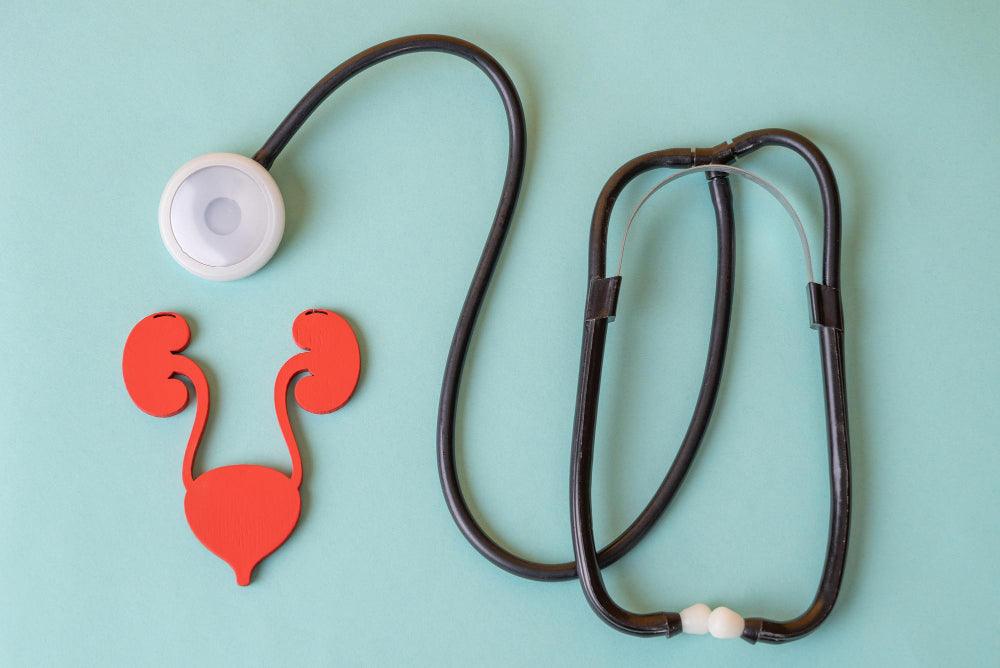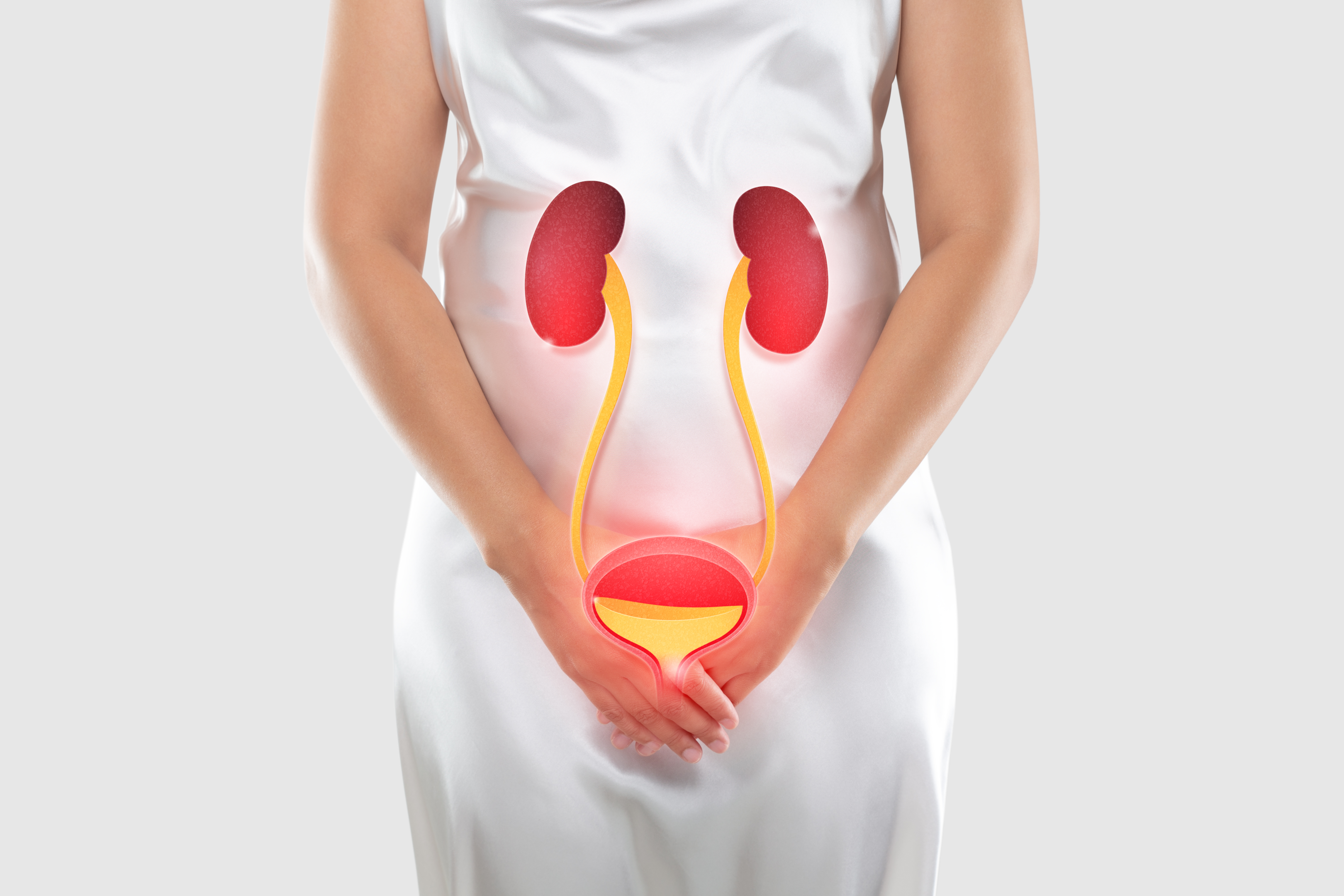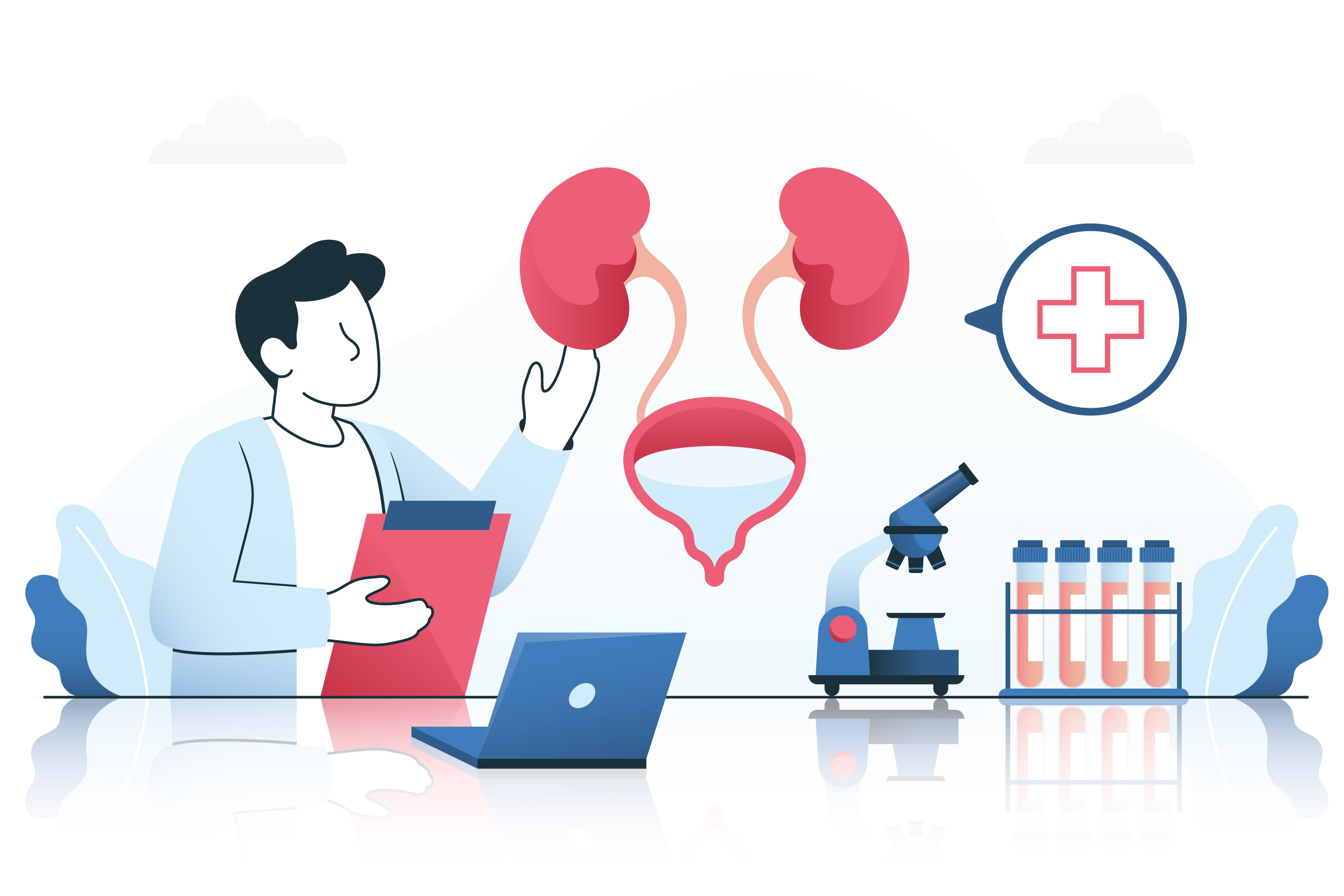How long does cystitis last?



Cystitis is a common type of urinary tract infection (UTI) in which the inflammation of the bladder occurs. The bladder is a bag-type structure that stores urine in your body and then excretes the stored urine from the body through the urethra.
Cystitis commonly develops when bacteria that generally exist in the gut or on the skin cause injury and invade the urethra and bladder. The bladder lining becomes swollen and inflamed due to the germs adhering to it. In most cases, it is resolved by itself and does not require any treatment. However, if the symptoms persist for a longer time, you may require medical advice.
Cystitis will affect the majority of women at some point in their lives. Although it is uncomfortable and inconvenient, the virus cannot be transmitted to your partner during sex and is neither hazardous nor contagious.
Even though cystitis is usually not a serious disease, it can be painful and cause the same symptoms as urinary tract infections if left untreated.
Based on the cause, cystitis has various types:
This type of cystitis is caused by bacteria and occurs when bacteria enter and irritate the bladder. This type of infection can be detected by doing the bacteria sensitivity test. Bacterial cystitis commonly needs antibiotics to heal completely.
Sometimes, a catheter or stent is used to drain urine from the bladder. This device may injure your bladder wall during insertion, which leads to cystitis. This type of cystitis is known as foreign-body cystitis or adult cystitis.
Cancer cells can be killed and tumours can shrink with radiation therapy, but normal cells might also be harmed in the process. Radiation cystitis frequently occurs following radiation therapy in the pelvic area.
The human gut has various types of bacteria. These bacteria do not cause any harm to the gut. Among these, one of the common bacteria in your gut is E. Coli. Occasionally, E. Coli transfers from the gut to the bladder through the urethra due to environmental disturbance. In the bladder, this bacteria starts multiplication and attacks the walls of your bladder. Consequently, the walls become swollen, which results in acute cystitis.
Insertion of urinary catheter
If you are sexually active
Kidney infection and kidney stones
Radiotherapy or chemotherapy for prostate gland cancer treatment
Using continuous antibiotics
Sexually transmitted infection
Weak immune system
Unprotected anal sex in males increases their risk of developing cystitis as well.
The risk of acquiring cystitis is also greater in menopausal women. The urethra's lining thins and oestrogen levels fall during menopause. The likelihood of infection and injury increases as the lining becomes thinner.
Cystitis symptoms are almost similar to that of urinary UTI symptoms. The following are some severe symptoms
You could feel the desire to urinate more frequently. Others feel a sense of urgency (sudden desire to pee). The urinary bladder loses the capacity to store urine for a longer time.
You might feel discomfort, pain, and burning while urinating. As the urine passes through the infected urethra, it causes discomfort in the urethra.
It sometimes occurs that urine will be affected and turn black. People also report a foul smell alongside the change of colour.
Cystitis also has symptoms which are commonly related to every infection like:
1. Fever
2. Vomiting and nausea
3. Rigors
4. Pain, burning or stinging

Most mild cystitis episodes go away on their own in a few days. Cystitis should be discussed with a doctor if it persists for over three days.
About 30 to 50 out of 100 women with simple cystitis recover after a week without the use of antibiotics. Therefore, women with simple cystitis won't put themselves in danger by delaying starting antibiotics because there aren't anticipated drawbacks.
Antibiotics may be recommended by a doctor. The patient will determine the kind and length of the antibiotic treatment.
To diagnose cystitis, your doctor will ask about your medical history and perform a physical examination and urine test. They will send your urine sample to the pathological laboratory to evaluate bacterial infections.
The kind of bacteria in the urine can be identified using a urine culture or further tests. The doctor will recommend an oral antibiotic after determining which specific bacterium is responsible for the infection.
The doctor may also recommend digital evaluation like ultrasound and X-ray.
You should follow the following instructions for preventing cystitis symptoms
Ensuring hygiene habits and keeping the environment clean in the vaginal area. To lower the risk of bacterial infection, women should keep cleaning from front to back.
Increase fluid, and flush out the bacteria from the bladder by increasing urination.
If you feel the urge to urinate, then don't store urine in your urinary bladder because it exerts pressure on your bladder.
Cystitis risk is increased when the vaginal area is exposed to chemicals such as those found in soap, bubble baths, and washing powder that may cause a bladder infection.
It has been found that drinking cranberry juice helps to reduce urinary tract infections. This lessens the possibility of infection by preventing bacteria from adhering to the walls of the urine bladder. There are cranberry obtain capsules that offer the same advantages as the juice.
If the symptoms persist and don't relieve themselves, you should visit your physician for cystitis treatment. Your doctor will recommend antibiotics to ease symptoms.
For cystitis, you normally take a low-dose antibiotic for three days. However, doctors occasionally prescribe antibiotics for seven days or more. If you are male, pregnant, diabetic, or prone to cystitis, your course of cystitis antibiotics may last longer. Your doctor could occasionally advise you to use different antibiotics.
After a few days, if you're taking antibiotics, your symptoms should start subsiding. Your doctor may send a urine sample to a lab to identify the bacteria causing your symptoms if antibiotics aren't helping. Then, they might suggest a different antibiotic.
See our range of cystitis treatment available to be shipped to you with our next day delivery here.










Plus get the inside scoop on our latest content and updates in our monthly newsletter.